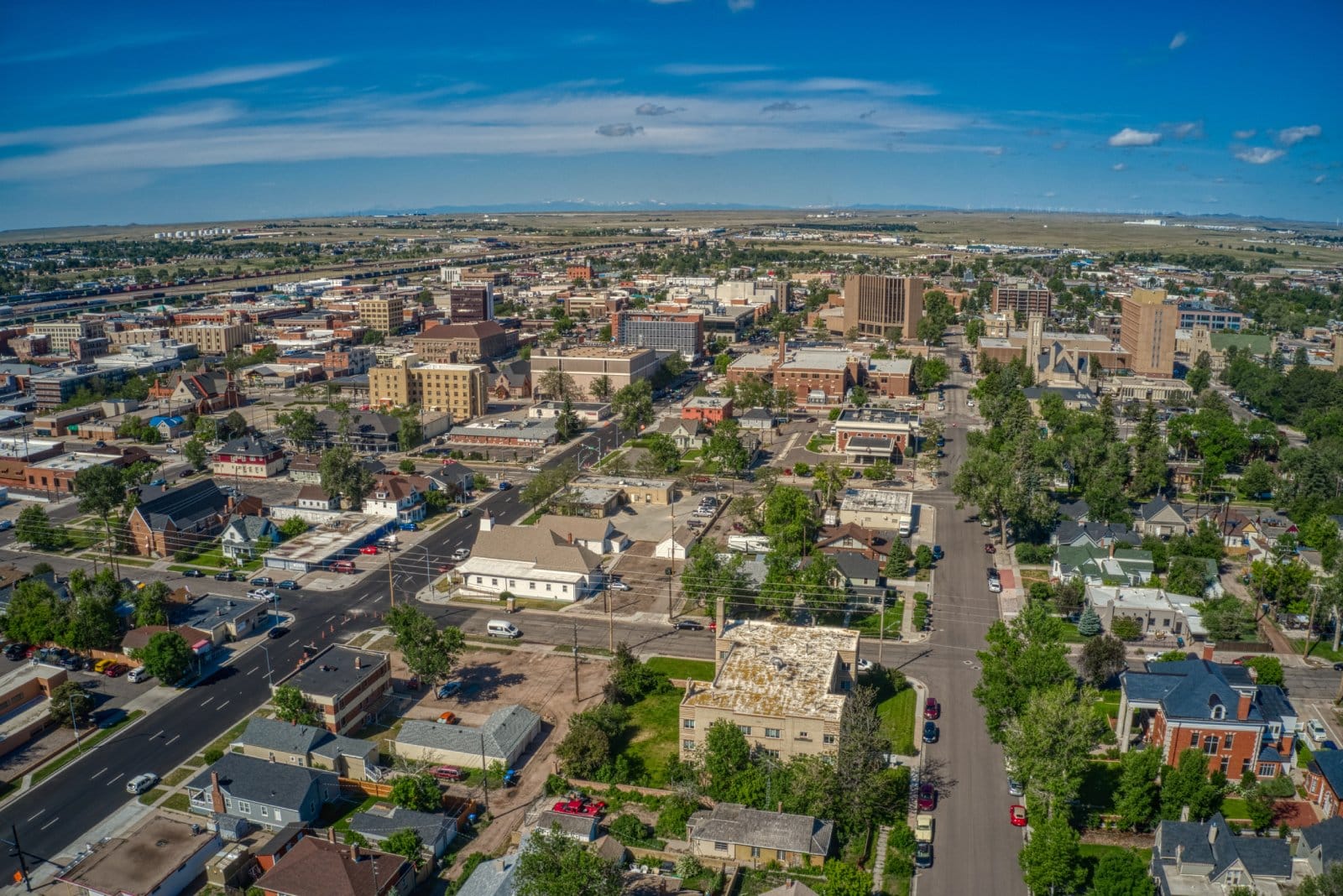Ever wondered how much of your $100,000 salary actually ends up in your pocket after taxes? We’ve crunched the numbers to show you just how much you can expect to take home in each state across the country. From high-tax states to those with lower rates, find out how your earnings stack up after Uncle Sam takes his cut.
#1. California

With its progressive income tax system, a $100,000 salary in California could result in take-home pay of around $73,000 after federal and state taxes, depending on various deductions and exemptions.
#2. New York

Similarly, in New York, state and local taxes can significantly reduce take-home pay, leaving earners with approximately $72,000 from a $100,000 salary after taxes.
#3. Texas

Texas, known for its lack of state income tax, offers residents the opportunity to keep more of their earnings. A $100,000 salary in Texas could result in take-home pay of around $81,000 after federal taxes.
#4. Florida

Like Texas, Florida also boasts no state income tax, providing residents with more substantial take-home pay. A $100,000 salary in Florida might yield approximately $82,000 after federal taxes.
#5. Washington

With no state income tax, Washington is another state where earners can enjoy higher take-home pay. A $100,000 salary in Washington may result in around $82,500 after federal taxes.
#6. Wyoming

As one of the few states without a state income tax, Wyoming offers residents the opportunity to retain more of their earnings. A $100,000 salary in Wyoming could translate to take-home pay of approximately $83,000 after federal taxes.
#7. Illinois

Illinois has a flat income tax rate, which means earners may see a more moderate reduction in take-home pay. A $100,000 salary in Illinois might result in around $75,000 after federal and state taxes.
#8. Pennsylvania

With a flat income tax rate, Pennsylvania residents may see take-home pay of approximately $77,000 from a $100,000 salary after federal and state taxes.
#9. Nevada

Like Texas and Florida, Nevada does not impose a state income tax, allowing earners to keep more of their earnings. A $100,000 salary in Nevada could yield around $82,000 after federal taxes.
#10. Tennessee

Tennessee also lacks a state income tax, providing residents with higher take-home pay. A $100,000 salary in Tennessee might result in approximately $82,500 after federal taxes.
#11. Massachusetts

Massachusetts has a progressive income tax system, which means higher earners may see a greater reduction in take-home pay. A $100,000 salary in Massachusetts could result in around $72,000 after federal and state taxes.
#12. Colorado

With a flat income tax rate, Colorado residents may experience a more moderate decrease in take-home pay. A $100,000 salary in Colorado might yield approximately $76,000 after federal and state taxes.
#13. Michigan

Michigan’s flat income tax rate may lead to a moderate reduction in take-home pay for earners. A $100,000 salary in Michigan could result in around $75,000 after federal and state taxes.
#14. North Carolina

North Carolina employs a flat income tax rate, which means earners may see a more moderate decrease in take-home pay. A $100,000 salary in North Carolina might yield approximately $78,000 after federal and state taxes.
#15. Virginia

With its progressive income tax system, Virginia may have a more significant impact on take-home pay for higher earners. A $100,000 salary in Virginia could result in around $75,000 after federal and state taxes.
#16. Georgia

Georgia’s flat income tax rate may lead to a moderate reduction in take-home pay for earners. A $100,000 salary in Georgia might yield approximately $77,000 after federal and state taxes.
#17. Ohio

Ohio employs a flat income tax rate, which means earners may see a more moderate decrease in take-home pay. A $100,000 salary in Ohio could result in around $77,000 after federal and state taxes.
#18. Arizona

With its progressive income tax system, Arizona may have a more significant impact on take-home pay for higher earners. A $100,000 salary in Arizona might yield approximately $75,000 after federal and state taxes.
#19. Minnesota

Minnesota’s progressive income tax system may result in a more substantial reduction in take-home pay for higher earners. A $100,000 salary in Minnesota could result in around $71,000 after federal and state taxes.
#20. Oregon

Oregon employs a progressive income tax system, which means higher earners may see a greater reduction in take-home pay. A $100,000 salary in Oregon might yield approximately $73,000 after federal and state taxes.
Where You Live Matters

From high-tax states like California and New York to tax-friendly states like Texas and Florida, the amount of take-home pay from a $100,000 salary can vary significantly depending on where you live. Understanding the impact of federal and state taxes can help individuals make informed decisions about their finances and where they choose to reside.
The post $100K Reality Check: How Far Does It Really Go? first appeared on Thrift My Life.
Featured Image Credit: Shutterstock / zaozaa19.
The content of this article is for informational purposes only and does not constitute or replace professional financial advice.
For transparency, this content was partly developed with AI assistance and carefully curated by an experienced editor to be informative and ensure accuracy.

